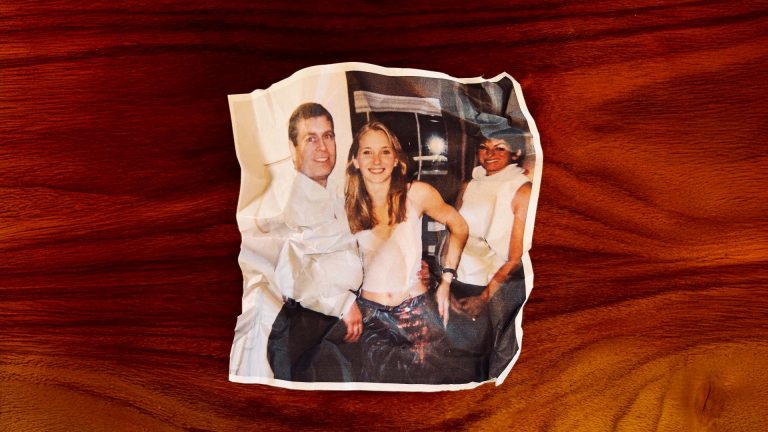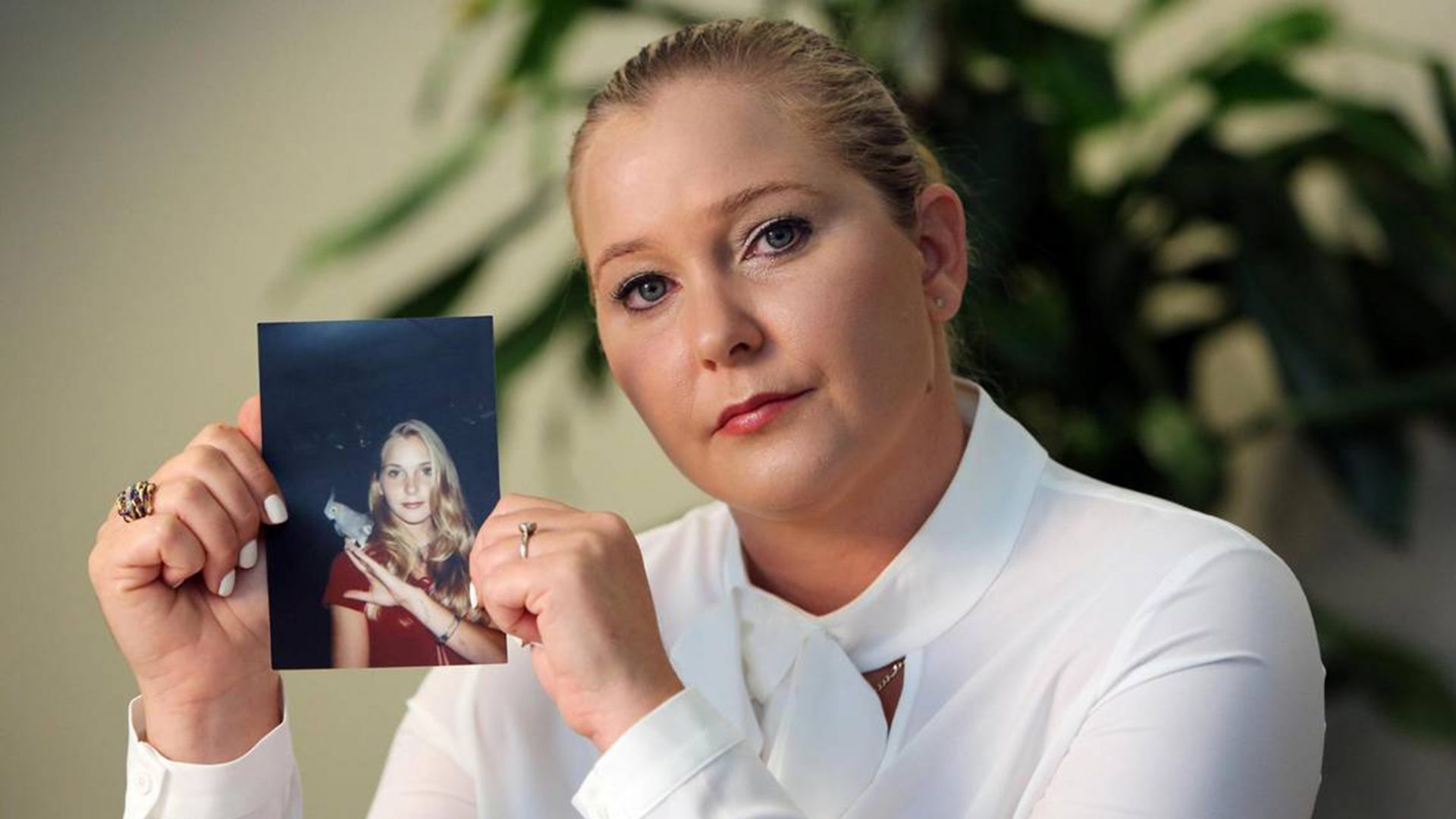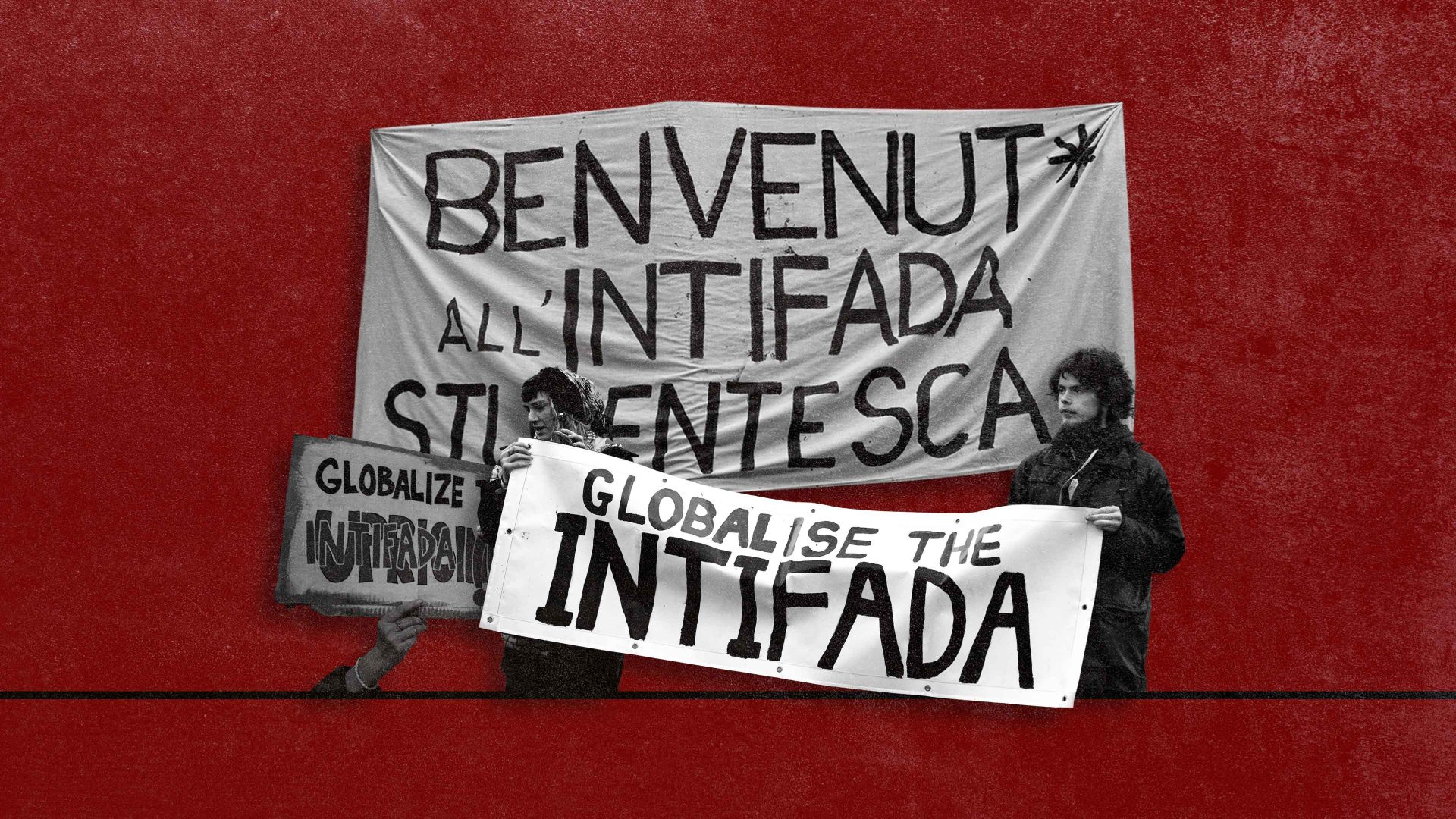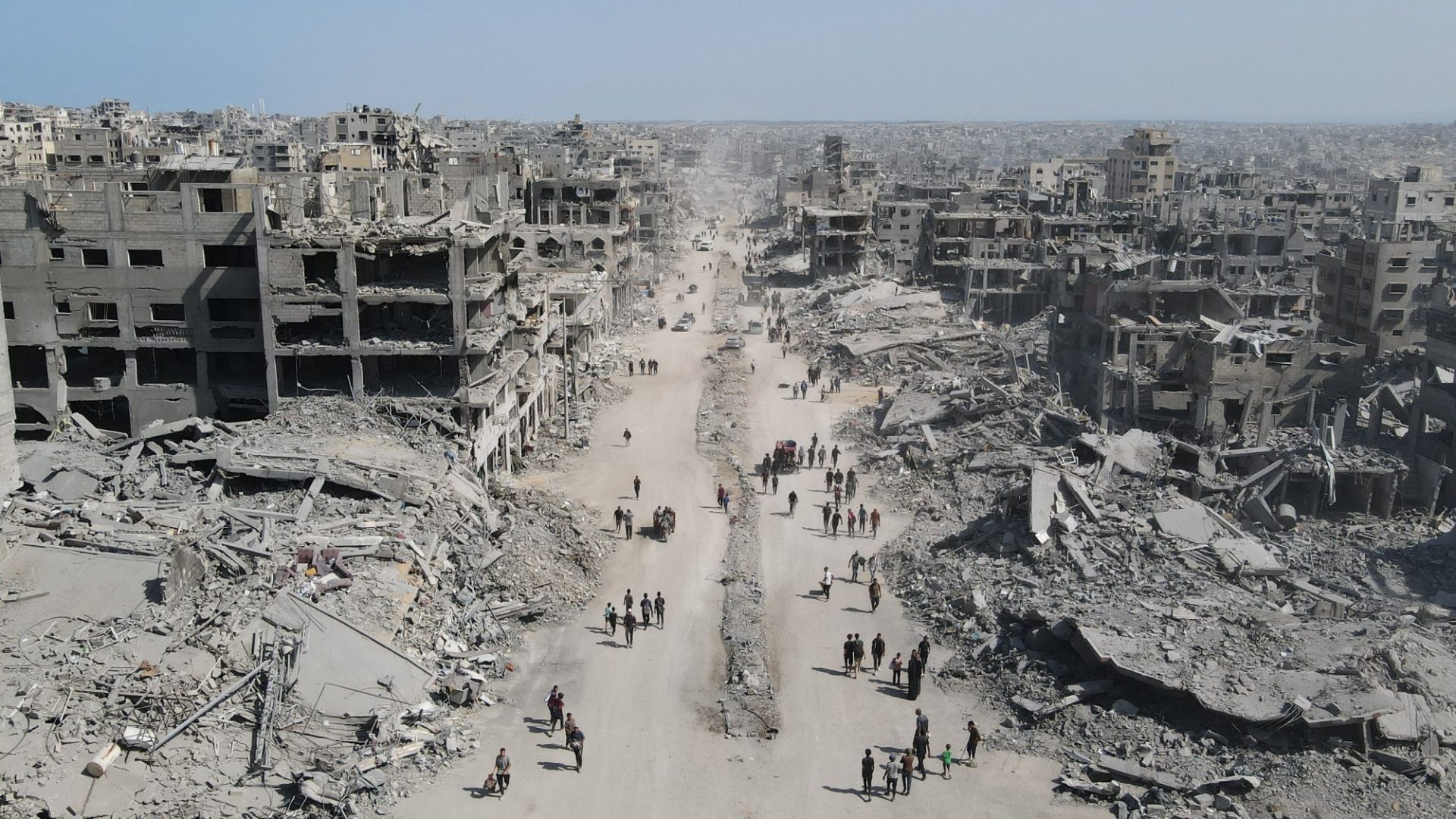Reading Virginia Giuffre’s posthumous account of her abuse and rape at the hands of her wealthy, powerful sex traffickers feels both shocking and familiar.
Shocking, because while there are no new names revealed in it, her account is replete with allusions to the status of the men who abused girls, some while they were still children: the prime minister who choked her to the point she thought she was going to die and left her bleeding from her mouth, vagina and anus; a US senator; a gubernatorial candidate from a state in the west that went onto win.
Familiar, because once you look past the royalty, the private jets and the Caribbean islands, what you are left with is the same old story of vulnerable young girls being exploited and raped by networks of disgusting men, who see them as subhuman, existing only to service their own abhorrent sexual desires. And of those girls having to live with that trauma for the rest of their life; Giuffre tragically took her own life in April of this year.
Prince Andrew is one of the few men named in the book. Giuffre first alleged in court documents in 2015 that she was coerced by Jeffrey Epstein and Ghislaine Maxwell into having sex with him three times, including when she was 17.
Andrew has denied the allegations and says he cannot recall ever meeting her, despite photographic evidence of them together in London. Even as he settled a $12 million civil suit with her in the US in 2022 that involved no admission of liability – which meant he avoided being deposed to give evidence to a New York court – his network was focused on besmirching her reputation. His former spin doctor made the implausible claim the photo was doctored. His lawyers accused Giuffre of being a golddigger, and an offender rather than a victim, despite the fact she was just a child the first time she says she was forced to have sex with Andrew.
Giuffre’s allegations against Andrew will now never be tested in court. But despite his denials, Andrew faces questions he seems unable to answer. Why did he choose to stay with Epstein after he had already been imprisoned for child sex offences, including in his Florida residence, where sexualised images of underage girls were displayed?.
A witness says there were naked girls by the pool at the time Andrew stayed there. And last week we learned from leaked emails that in 2011 he got hold of Giuffre’s social security number and asked his personal protection officer, a member of the Met, to see if he could dig up any dirt on her. The Met have now said they are investigating these claims.
All along, the Royal Family have been slow to act, and only when their hand has been forced. It was not until 2019, after his disastrous Newsnight interview, that he stepped back from royal duties, and another three years before the Queen stripped him of his honorary military roles and his HRH title, after a US judge ruled Giuffre’s civil case against him was allowed to proceed in January 2022.
Now it is only in light of the publication of Giuffre’s biography and further evidence that Andrew remained in contact with Epstein for longer than he admitted that the King reportedly pressured Andrew behind the scenes to announce last week he would also stop using his Duke of York and Knight of the Order of the Garter titles.
Suggested Reading


The murder of Virginia Giuffre
Enough about the disgrace Andrew has brought to the monarchy, however, and back to Giuffre herself. It is highly distressing to read the first-hand account of a woman whose experiences have already driven her to kill herself, though at least this is Giuffre talking about her life in her own words, on her own terms. She describes how she was sexually abused by her own father, and, with his knowledge, her father’s friend who was later convicted for sexually abusing another child (her father denies this).
She ended up on the streets, where she was raped, and then recruited by a Miami-based sex trafficker. Her vulnerability made her ripe for grooming for further rape and abuse by Maxwell and Epstein after she met the former while working at Donald Trump’s Mar-a-Lago resort.
Reading Giuffre’s story brings to mind the stories of the many thousands of survivors of organised rape gangs that we know have operated across British towns and cities in recent decades, and almost certainly still do. There has been a shameful failure of government and authorities to even try to get to grips with the scale at which this went on and why these men got away with it for so long.
It is undoubtedly true that some malign actors on the right – including Elon Musk – chose to catapult this issue to the top of the agenda last year because they are motivated by stoking racial division. But the reaction by some on the left – including ministers – who maintained there was no need for further national inquiry and wrongly claimed that the Independent Inquiry on Child Sex Abuse looked specifically at the grooming gang issue (it did not) was just as political, and showed a shocking disregard for getting to the bottom of why Pakistani men were significantly over-represented as perpetrators of these crimes – and what role their racist attitudes towards vulnerable white girls played in their abuse.
Baroness Louise Casey’s government-commissioned audit could not be clearer about the long-standing failures to properly look into this type of child sex abuse, and it rightly forced a government u-turn on a national inquiry. She details how vulnerable child victims of rape gangs were adultified and treated as capable of consenting to their abuse, just as Giuffre describes in her case. But also how authorities have repeatedly failed to collect proper ethnicity data to facilitate proper understanding of the extent to which men of particular ethnicities are over-represented, which she argues is not only to fail the victims, but to play into the hands of those who want to foment division rather than bravely confront difficult truths about this type of offending.
The fact that the government has still not been able to find an impartial judge or similar to chair the inquiry shows the extent to which people in positions of authority remain reluctant to have these conversations, a massive risk factor for men continuing to get away with the organised rape of children.
Ultimately, men who rape children in organised networks will always find ways to shield themselves from accountability for their horrific crimes. We still don’t know the names of the vast majority of men who abused the girls trafficked by Epstein and Maxwell; their cloak is their wealth and power. In the case of British rape gangs, some perpetrators undoubtedly hid behind their ethnicity as a protective factor that discouraged local officials from openly discussing the nature of their crimes, for fear of undermining community harmony or being called racist.
The best way we can honour the memory of the extraordinarily brave Virginia Giuffre is not just to ensure that victims get justice and the rapists end up in jail cells, but to take steps to actually prevent the rape of young and vulnerable girls by organised networks of men, rather than collectively looking the other way




